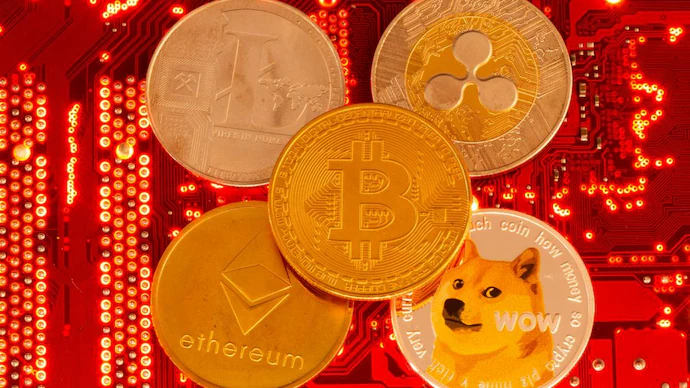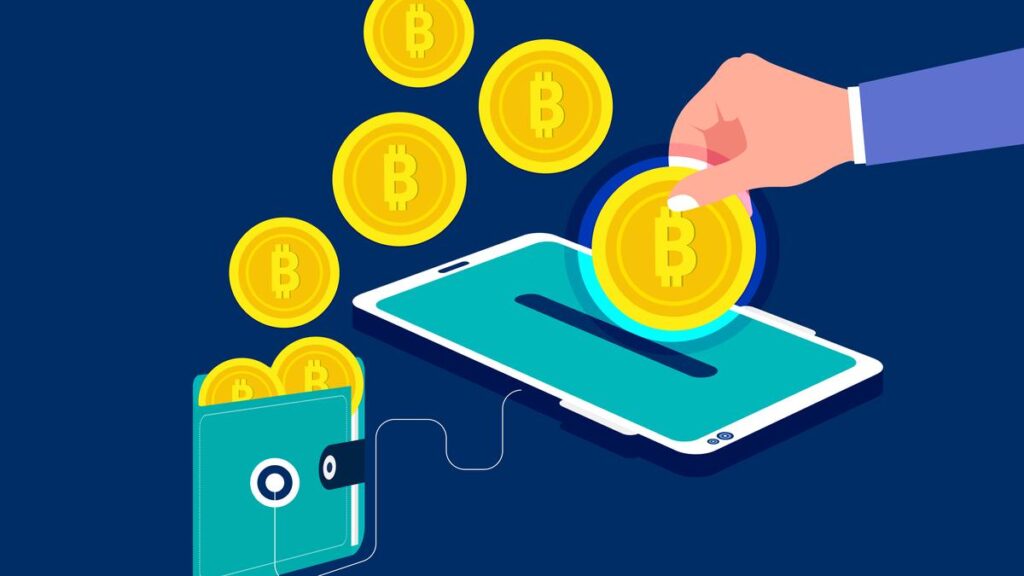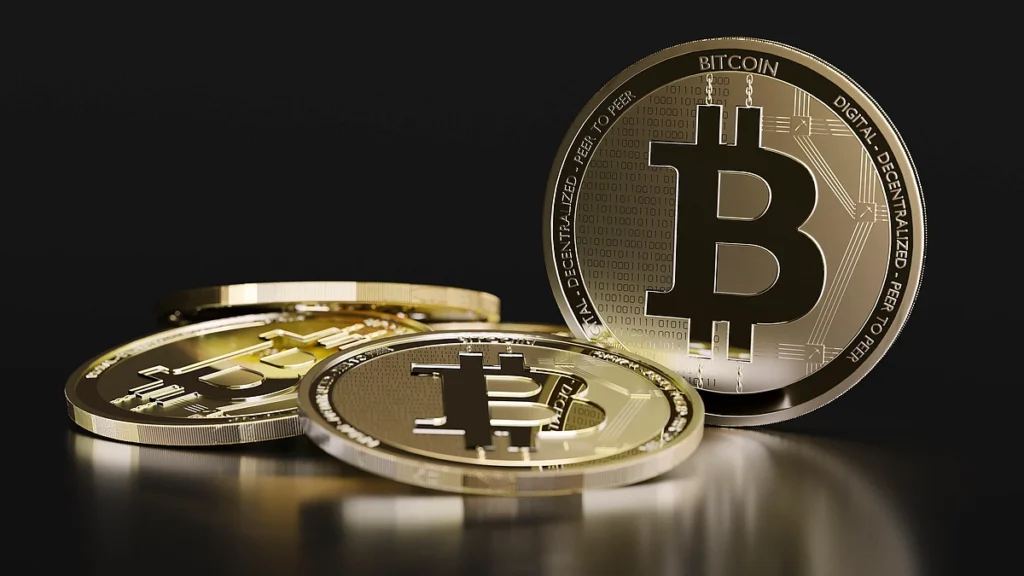Now Reading: Security threats in India’s crypto world: Scams, hacks, and how investors can stay safe
-
01
Security threats in India’s crypto world: Scams, hacks, and how investors can stay safe
Security threats in India’s crypto world: Scams, hacks, and how investors can stay safe

As cryptocurrency trading spreads rapidly across India, especially in Tier 2 cities, so do concerns about safety. From online scams to exchange hacks, thousands of investors have already faced losses. The excitement of quick profits often overshadows the reality that digital assets come with risks. For small-town investors who may be new to financial markets, understanding these threats and learning basic safeguards has never been more important.
The growing problem of scams
Crypto scams in India take many forms, from fake investment schemes to fraudulent apps promising guaranteed returns. Social media groups often advertise tokens with no real value, luring newcomers with flashy claims. Many people in smaller cities fall prey because of limited financial literacy and trust in local networks. Once money is transferred, it is nearly impossible to recover.
Hacking and exchange risks
Even established platforms are not fully safe. Hackers target exchanges, wallets, and sometimes even users’ personal accounts to steal digital assets. Unlike banks, where deposits have some level of protection, stolen crypto usually cannot be retrieved. For investors in Tier 2 towns, relying on less-known exchanges or weak security practices increases exposure to such threats.
Why smaller city investors are vulnerable
In metros, traders often have access to advisors or communities that share reliable information. But in Tier 2 and Tier 3 regions, people depend heavily on social media tips and informal guidance. This makes them easy targets for fraudsters. Lack of awareness about secure practices like two-factor authentication or cold wallets adds to the risk.
Steps to stay safe
Basic precautions can make a big difference. Investors should use only well-known, registered exchanges and enable strong security features on accounts. Private keys and passwords must never be shared, and large amounts of crypto should be stored in offline wallets rather than online platforms. Being skeptical of “too good to be true” offers is another essential safeguard.
The role of regulation and education
Government efforts to regulate the sector aim to create accountability, but rules alone cannot stop scams. Awareness campaigns, digital literacy programs, and stronger community-based education are equally important. If small investors understand the risks clearly, they can avoid many common traps.
Conclusion
Crypto brings opportunity but also serious security challenges. For Indian investors, particularly in smaller cities, scams and hacks are not distant threats but everyday risks. What this really means is that the future of crypto in India will depend not only on regulation and technology but also on how well ordinary people learn to protect themselves. Staying alert, informed, and cautious is the best defense in this fast-moving world of digital money.

























